While it is not required to read the book before seeing the movie adaptation, doing so can considerably improve the viewing experience and increase knowledge of the plot. When a book is translated into a film, it frequently loses subtleties and details that can only be conveyed through writing. While films succeed at bringing sights and performances to life, books allow for a more in-depth analysis of topics, character motives, inner conflicts, and backstory. Furthermore, books give greater room for the reader’s imagination, allowing each person to envisage places, people, and experiences in their own unique way.
By reading the book first, viewers might have a deeper understanding for the original vision and creative decisions made while converting the novel to cinema. They may provide insight about missing sequences or changes to the plot. Most importantly, reading the text first provides viewers with significant context, which increases the film’s impact. Though adaptations may stand on their own, taking the effort to connect with the source material can significantly alter and improve the viewing experience for many films.
Here Are 10 Movie Adaptations Where You Really Should Read The Book First!
1. The Lord of the Rings trilogy:
J.R.R. Tolkien’s epic fantasy saga goes far beyond the Fellowship’s journey to Mordor. Delving into the sprawling lore, rich languages, and detailed histories of Middle-earth through the books provides a context and depth that the films simply can’t capture. Witness the inner struggles of characters like Frodo and Aragorn, explore the vast tapestry of kingdoms and alliances, and truly appreciate the epic scale of this timeless tale.
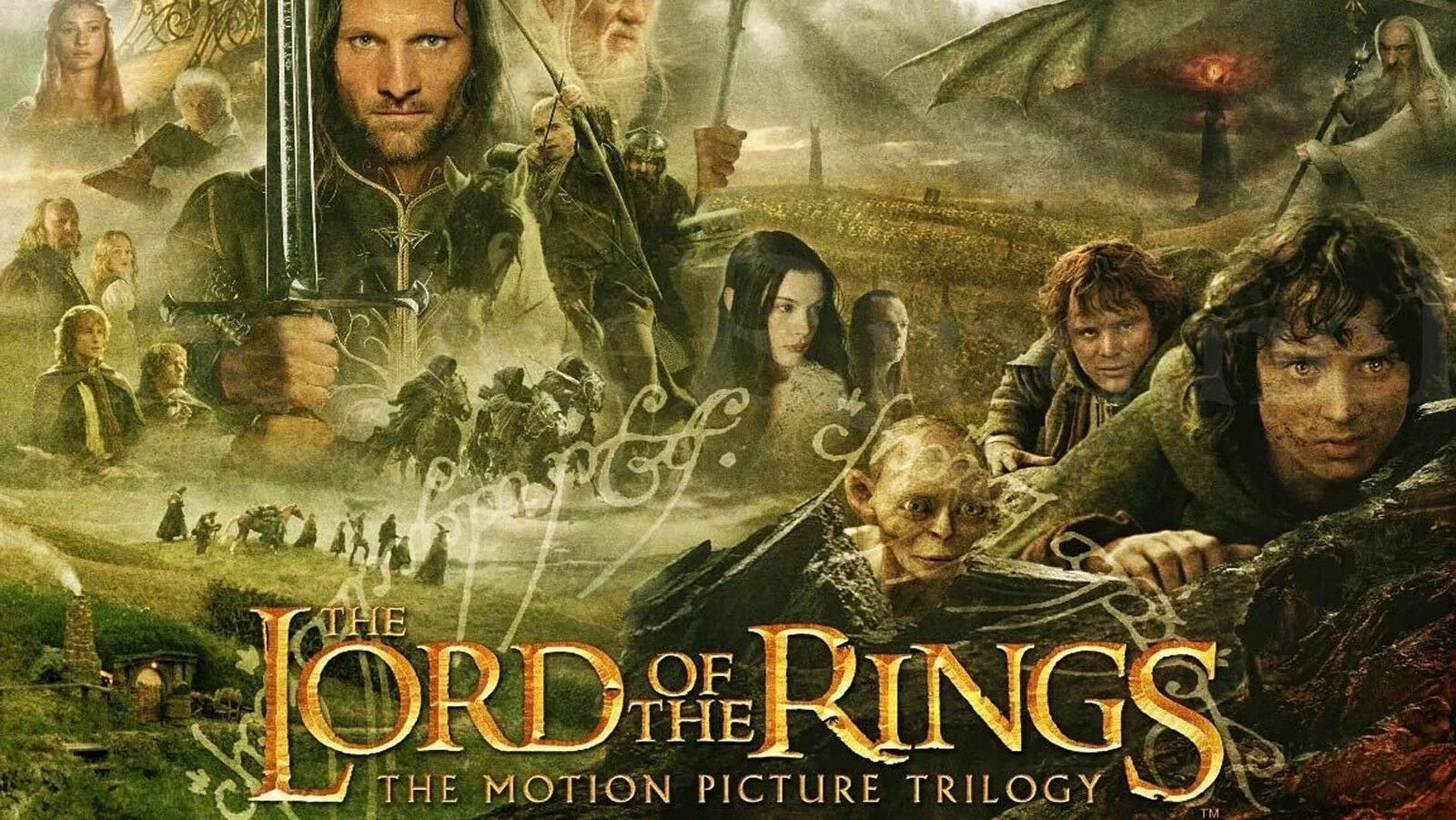
2. The Shawshank Redemption:
Stephen King’s novella “Rita Hayworth and the Shawshank Redemption” offers a more intimate and introspective look into Andy Dufresne’s 20-year imprisonment compared to the film. Dive deeper into his resilience, hope, and quiet defiance as he navigates the harsh realities of Shawshank with unwavering determination. The book also expands on the lives of other characters, providing a richer understanding of the prison’s complex ecosystem.
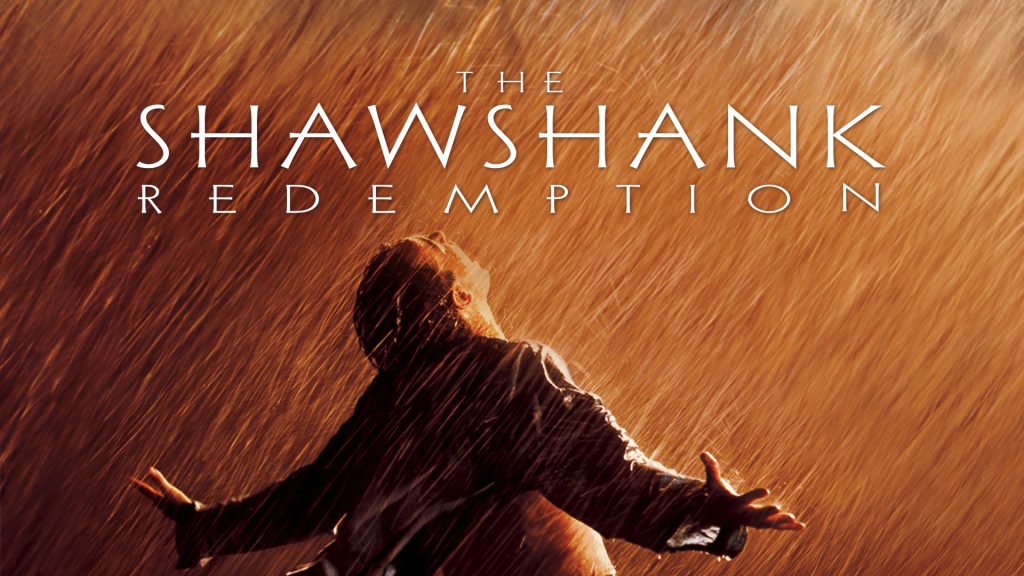
3. Fight Club:
Chuck Palahniuk’s cult classic novel goes beyond the film’s thrilling action sequences and explores the dark humor, social commentary, and philosophical musings embedded within the narrative. Unravel the twisted psychology of the unnamed narrator and Tyler Durden, delve into the themes of consumerism, alienation, and societal disillusionment, and gain a deeper appreciation for the film’s shocking ending and its lingering questions.
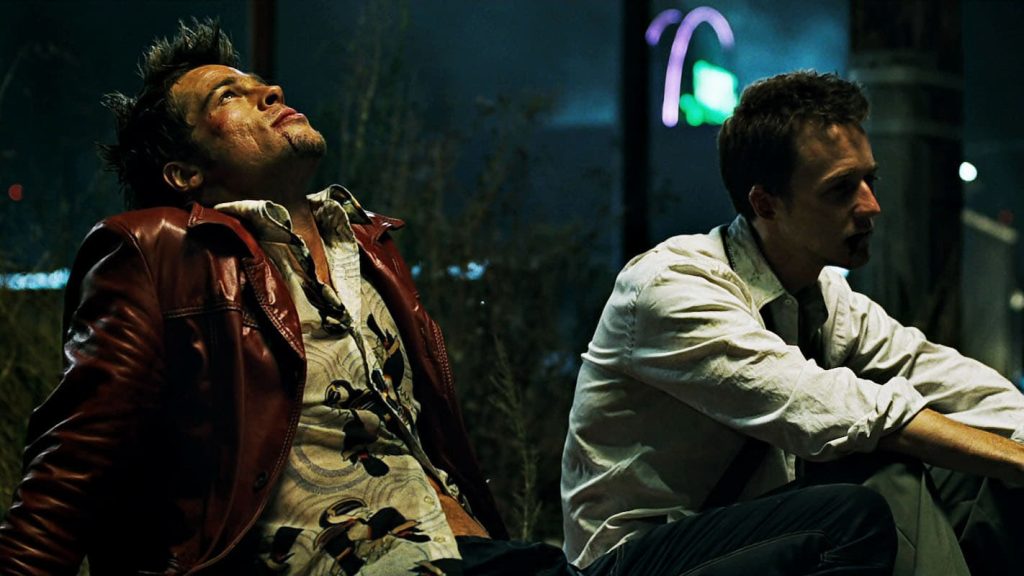
4. The Curious Case of Benjamin Button:
F. Scott Fitzgerald’s short story transcends the film’s visual spectacle by offering a poignant meditation on life, love, and loss. Experience Benjamin Button’s unique journey through life in reverse, from his elderly birth to his youthful demise. The book delves into his relationships, regrets, and philosophical contemplations, creating a richer tapestry of emotions and reflections that resonate long after the final page.
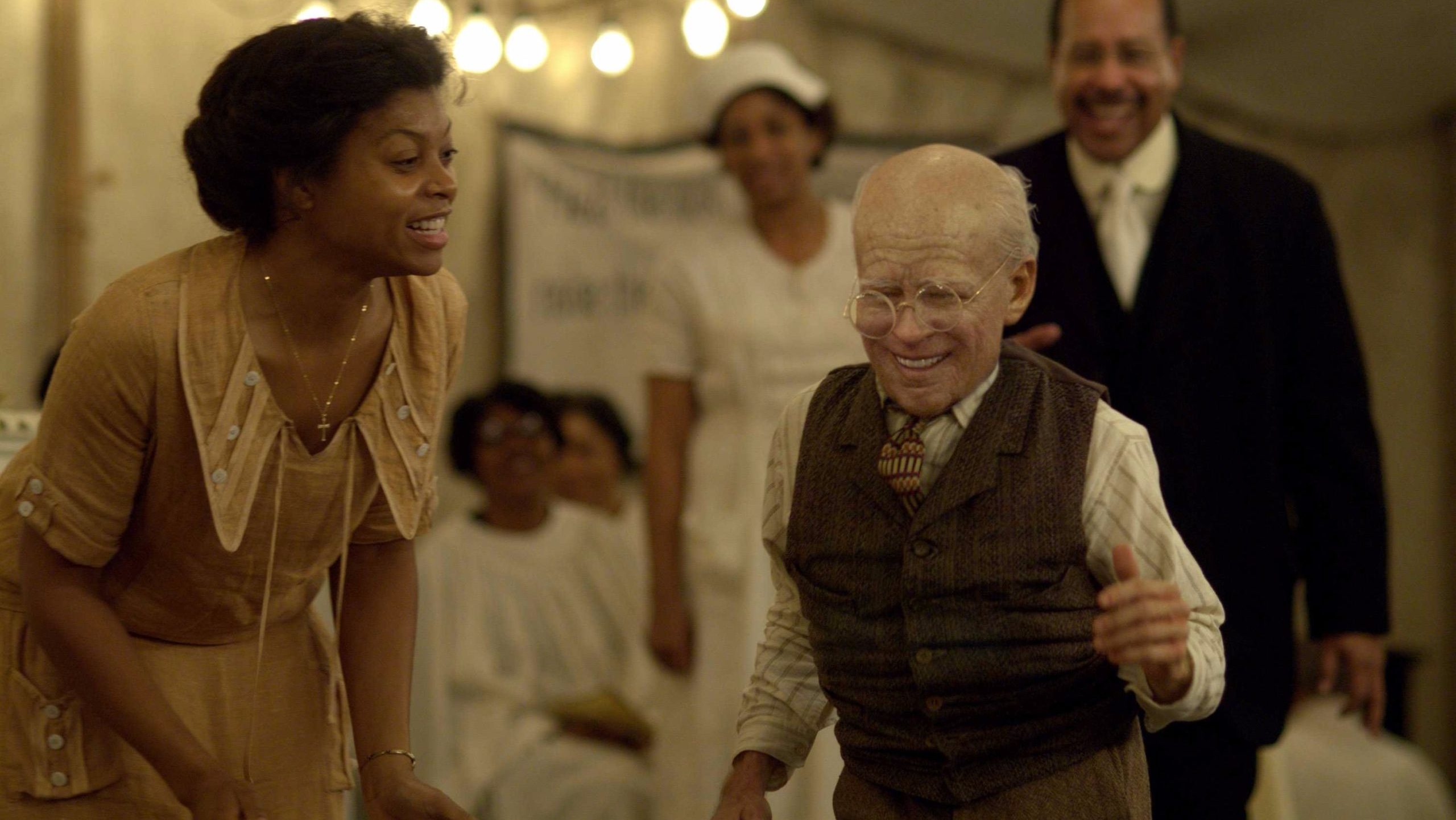
5. The Godfather:
Mario Puzo’s sprawling novel paints a far more intricate picture of the Corleone family saga than the film’s two-part adaptation. Witness the rise and fall of the Corleones across multiple generations, delve into the complex web of alliances and betrayals, and gain a deeper understanding of the characters’ motivations and the moral complexities of their actions. The book allows you to fully grasp the true weight of power, loyalty, and family in this timeless story.
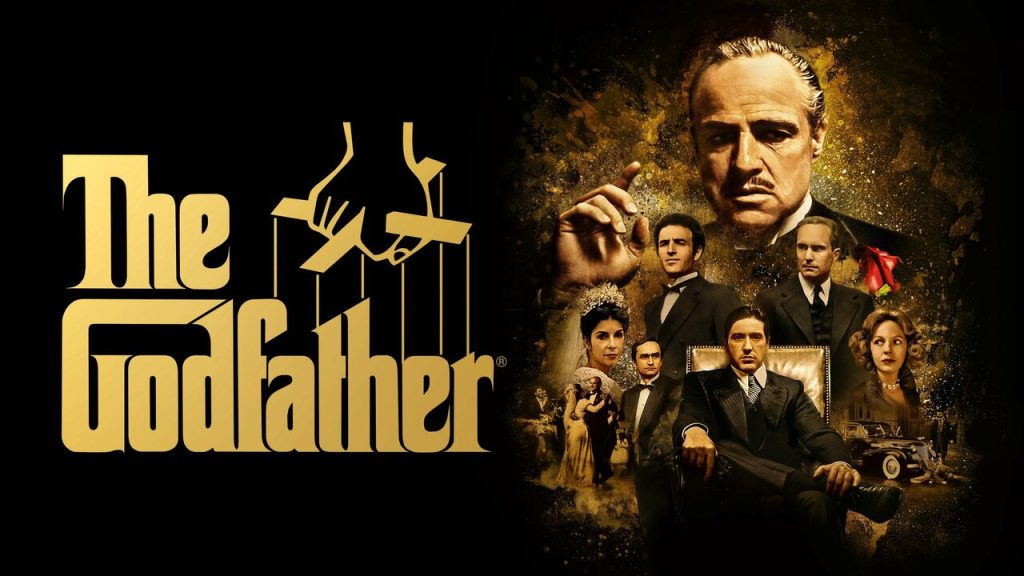
6. The Shining:
While both Stephen King’s horror masterpiece and the film adaptation are chilling, the book offers a more nuanced exploration of Jack Torrance’s descent into madness at the Overlook Hotel. Experience his internal struggles, his battles with alcoholism and writer’s block, and the gradual erosion of his sanity as the supernatural forces of the hotel take hold. The book delves deeper into the hotel’s history and lore, making the overall experience even more terrifying and thought-provoking.
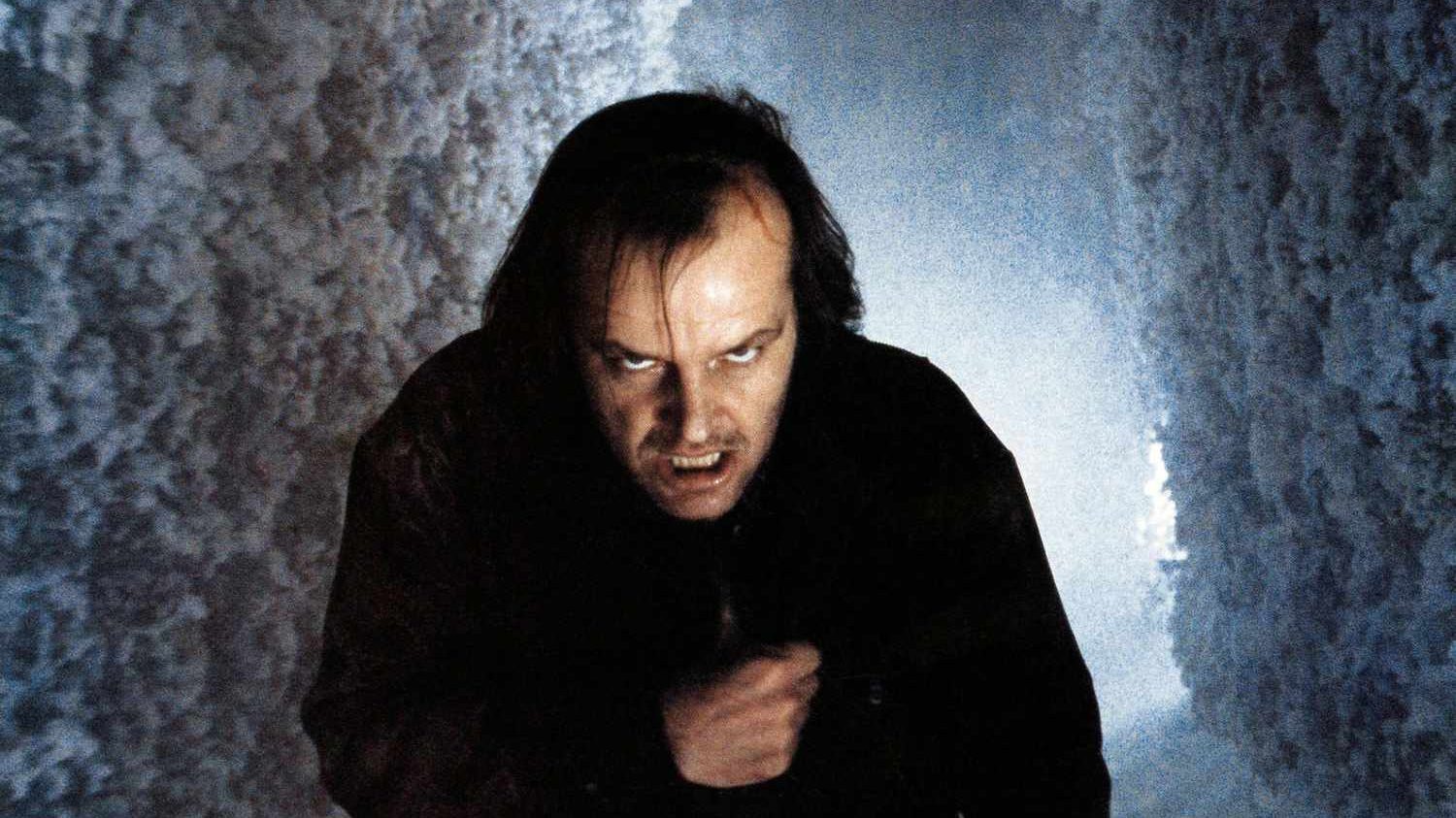
7. To Kill a Mockingbird:
Harper Lee’s Pulitzer Prize-winning novel allows you to fully inhabit the unique perspective of Scout Finch, the young narrator navigating the complexities of racism and prejudice in the American South. The book delves deeper into the characters’ backstories and motivations, explores themes of innocence, justice, and empathy, and amplifies the emotional impact of Scout’s coming-of-age journey.
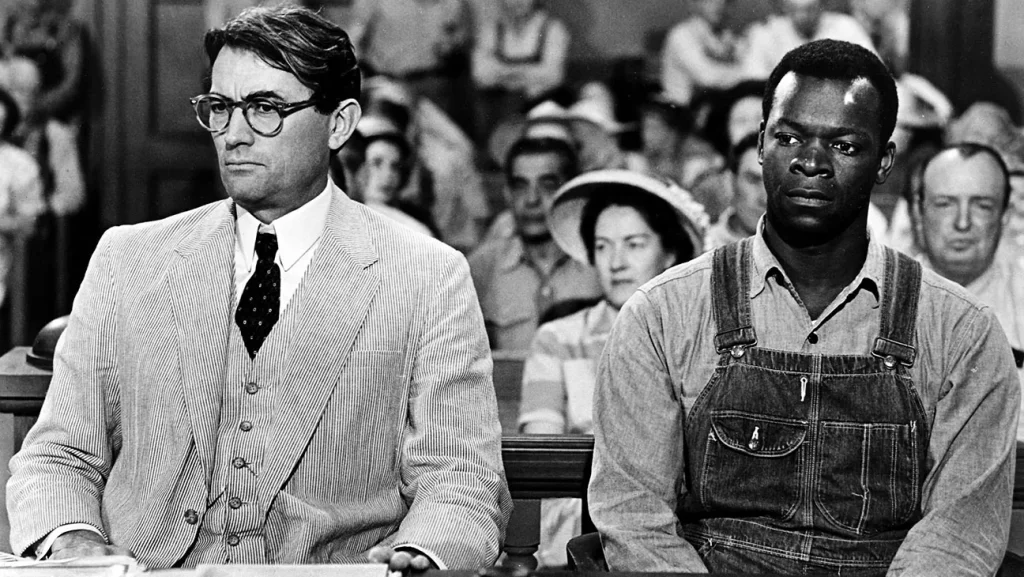
8. The Princess Bride:
William Goldman’s metafictional fairy tale is a delightful read, but the book offers additional layers of wit and self-awareness that elevate the humor and charm. Experience Westley’s fantastical adventures, Buttercup’s resilience, and Vizzini’s cunning schemes through Goldman’s playful prose, gaining a deeper appreciation for the story’s clever wordplay and its enduring message of love and perseverance.
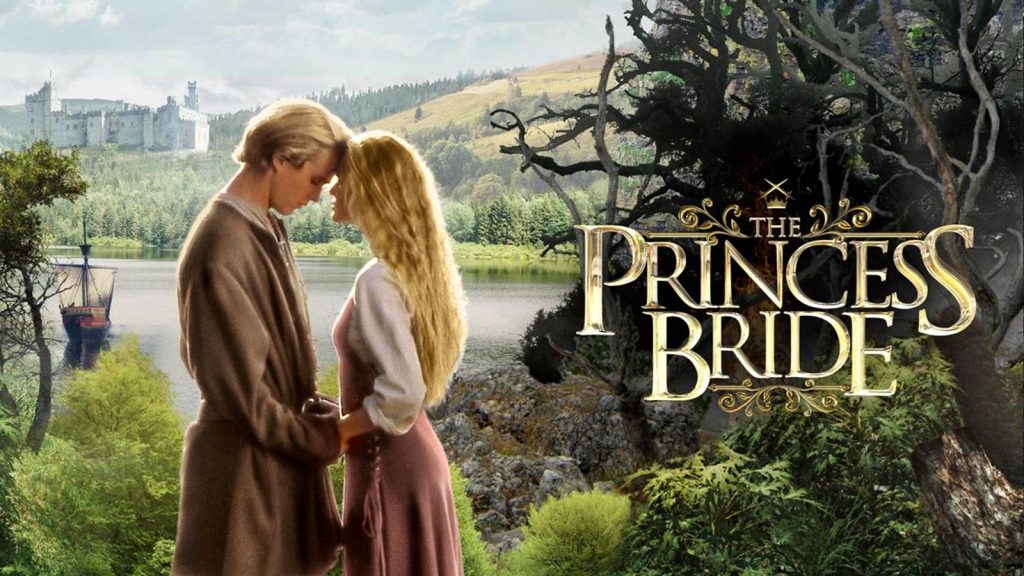
9. The Martian:
Andy Weir’s science fiction novel takes you on a thrilling journey with astronaut Mark Watney as he fights for survival after being stranded on Mars. The book provides a more detailed account of his scientific ingenuity and resourcefulness as he MacGyvers his way through challenges, showcasing his determination and humor in the face of overwhelming odds.

10. Dune:
Frank Herbert’s complex and epic science fiction saga presents a world far richer than any film adaptation can fully capture. Immerse yourself in the intricate political landscape, explore the unique cultures and religions of the desert planets, and unravel the mysteries of the spice melange. The book allows you to appreciate the depth of Herbert’s world-building, the complex motivations of characters like Paul Atreides, and the philosophical themes that make Dune such a thought-provoking and enduring classic.
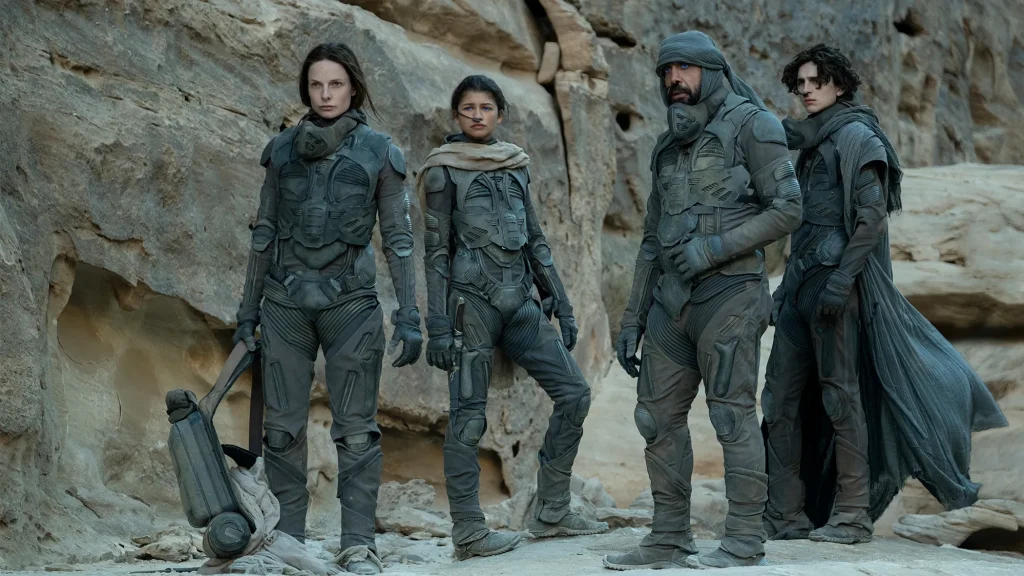
Remember, these are just a few examples. There are countless other movie adaptations where the book offers a deeper and more rewarding experience. So, the next time you’re looking for a good read, consider picking up the source material for your favorite film.
You might be surprised at how much more you discover!






GIPHY App Key not set. Please check settings